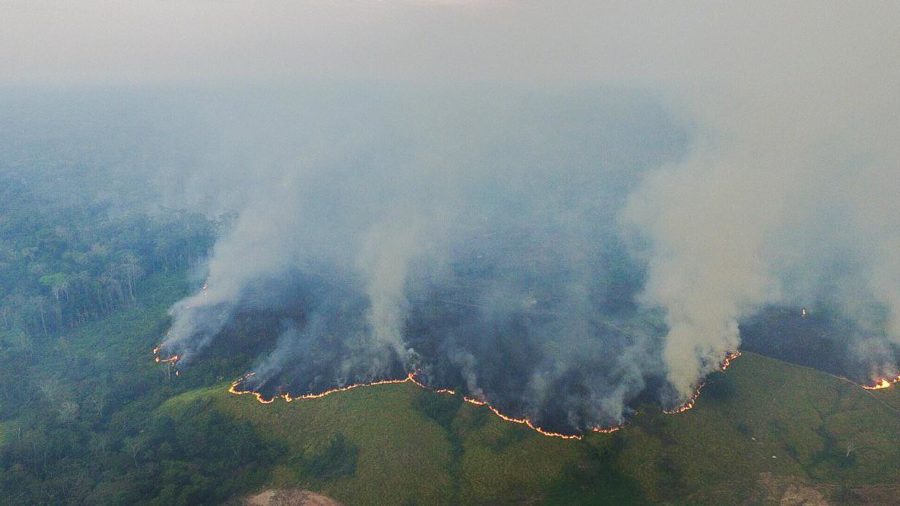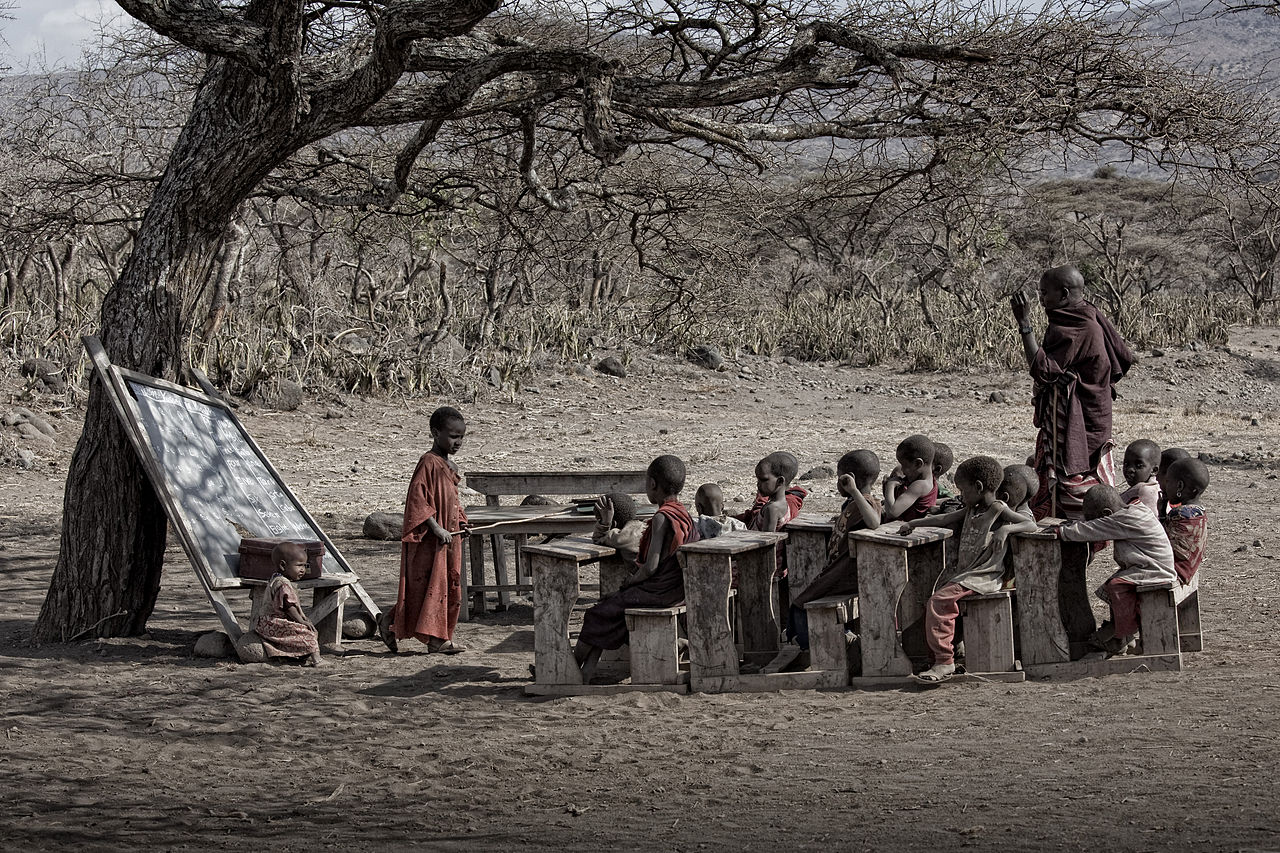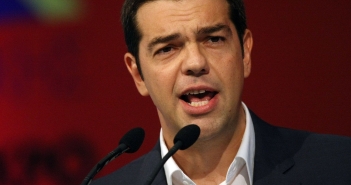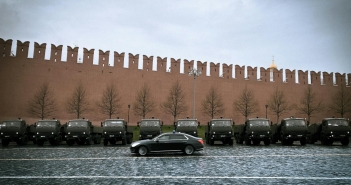Forcing indigenous peoples off ancestral lands to create so-called Gardens of Eden, pasture for grazing, or massive dams, is nothing new. It forms the basis of many colonial and neo-colonial projects.
Recall the clearance of hundreds of thousands of small Irish farmers friom the1840s. Or the formation of the national parks of America, led by John Muir, considered the Daddy of wilderness projects, who openly stated that his nature parks would NOT include people, particularly not the indigenous people whom he regarded as ‘unclean’ blots on his perfect ‘wilderness’.
Thanks to Muir, thousands of First Nation American Indians were driven off lands they had lived on for hundreds of years, to make way for National Parks; places where they would never be welcome.
In more recent days Brazilian President Jair Bolsonaro has been ramping up his rhetoric, encouraging the rape and pillage of the Amazon, forcing thousands of indigenous Indian tribes from their lands.

Amazonia. © Arison Jardin
Lovely hey?
That a similar atrocity is now being visited on the Maasai people who have lived on, and with, their lands in northern Tanzania for hundreds of years, long before Tanzanian independence, to create killing fields for the super-rich Royal family of the UAE is deeply shocking.
Since the 1980’s a luxury safari company – the Otterlo Business Company (OBC) – has been trying to complete a deal with the Tanzanian government whereby hundreds of thousands of Maasai will be driven from their ancestral lands. 1,700 acres is to be stolen from them to create a private shooting park for the UAE Royal family and their super rich mates.
Acting for the Royal family, the OBC, a hugely wealthy private safari set up, have had their eyes on privatising thousands of acres of Ngorongoro, and Loliondo, key parts of the Maasai homeland in Northern Tanzania for decades.
Ironically, part of these lands were actually set aside for royalty under British colonial rule – in the ‘good old days’. These days, thanks to OBC, ‘hundreds of members of Arab royalty and high-flying businessmen spend weeks each year hunting antelope, lion, leopard and other wild animals’.
The area is leased (under the Otterlo name) by a member of an Emirati royal family who is a senior officer in the UAE defence ministry ministry.
The OBC is no newcomer to the ‘big game’ slaughter scene. They have been busy in Tanzania’s wildlife parks for decades. Under a deal brokered with the Tanzanian government in 1992, involving the transfer of millions of dollars to Tanzania’s Armed Forces, Maasai homes were burnt down, their cattle stolen or killed, leaving villagers ‘homeless and without food, clothing, land, water or basic medical needs’. Now they want this deal cemented – and all Maasai removed. Their villages, schools, fields and medical stations destroyed.
As the leader of the Maasai, Julius Petei Olekitaika, says, ‘Imagine your home being burned in front of you to clear your land for foreigners to hunt. Imagine not being able to graze our cows because the government wants to protect a foreign investor whose only interest is hunting the wildlife.’
The Tanzanian government, which gets 17% of its GDP from tourism, has made vague gestures towards the Maasai in the past, assuring them they will be protected, but recently pressure has been upped with the government saying the Maasai population is ‘detrimental to wildlife’.
This is of course nonsense. Hugely wealthy game hunters, with massively powerful rifles, and virtually no government oversight, have been a good deal more ‘detrimental to wildlife’ than the Maasai.
Neighbouring Kenya, which banned big game hunting in 1978, says 80% of wildlife which should be funnelling through the corridor between the game parks of Tanzania and Kenya has been affected. Samwel Nangria, a Maasai organiser, says these guys ‘shoot anything they come across’.
Despite environmental destruction and human rights violations Ireland continues to import coal from Colombia, mined by Cerrejón which has an Irish HQ.https://t.co/05u87UvgE7@think_or_swim @ian_lumley @broadsheet_ie @Niall_Sargent @JStephens620 @PaddyWoodworth @whittledaway
— CassandraVoices (@VoicesCassandra) May 25, 2021
The Maasai on the other hand, famous for their nomadic and pastoral lifestyle that actually depends on maintaining the balance between people, ecology and animals remaining stable, are the ones being demonised, hunted, shot at, and driven from their homes.
Already impacted by years of racism and bullying to try and get them out, recently the Maasai have had their livelihoods further damaged by a blanket ban on planting crops, and by climate change. With a ban on planting, food shortages are now common. In 2022 the Red Cross reported 60,000 of their cattle died.
In June 2022 the Tanzanian government sent armed soldiers to evict Maasai. Thousands fled. Hundreds were injured as troops opened fire.
Not that the big game hunters give a damn. All they want is an abundance of animals they can slaughter and to hell with the Maasai. To hell also with climate change.
For all of us sharing this beautiful planet, and facing our greatest existential crisis – will we actually survive climate breakdown? How can anyone, or any government, justify allowing extraordinarily wealthy men to jet in, with guns, to take the lands, the livelihood and even the lives of a centuries old people so that they the rich ones can kill some of the most beautiful, and some of the most endangered, animals on earth? And probably take photos of themselves doing it.
‘For us’ says Samwel Nangiria, ‘the land is a source of knowledge, a source of life, a source of identity’.
For the hunters one imagines the land is meaningless. Just somewhere to go and kill stuff.
A few men enriched by this deal may think they’re the smart ones, but wouldn’t Tanzania’s freedom fighting, Socialist, first president, Julius Nyerere, be turning in his grave if he knew?
I think he would.
Feature Image: Maasai School, Tanzania, 2009.




